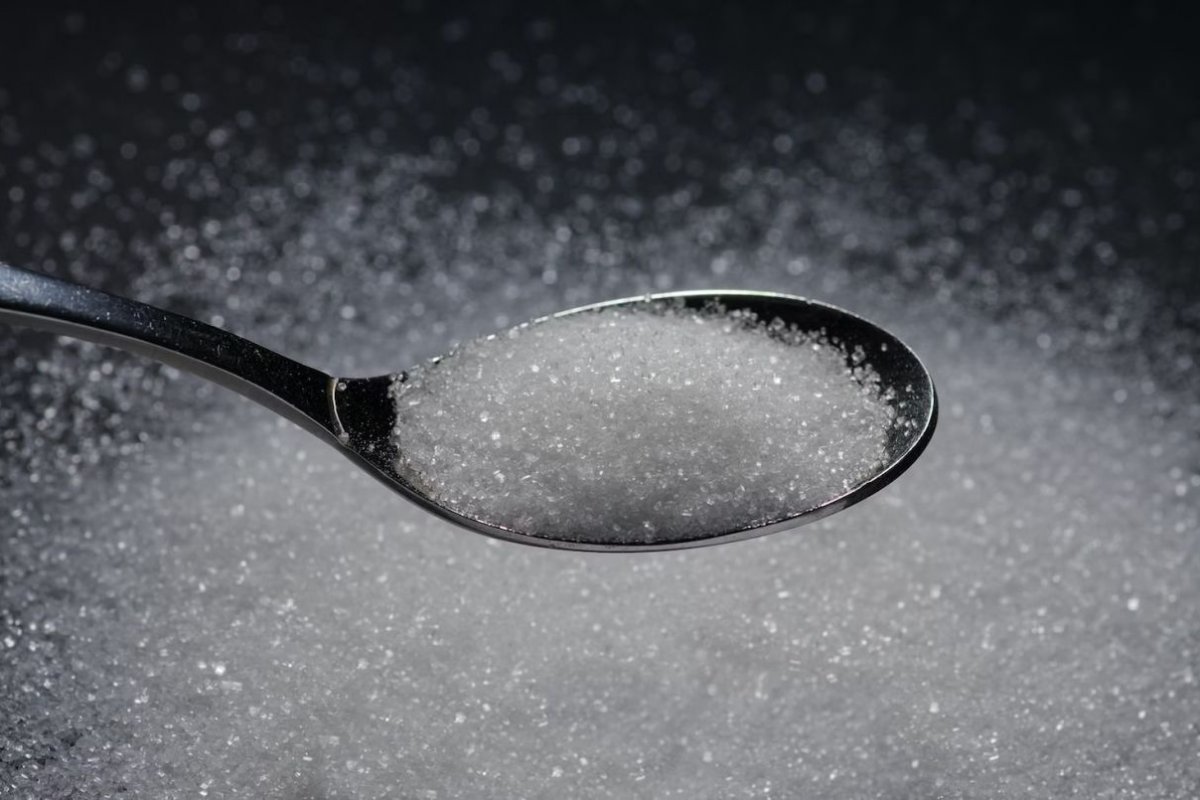
Hepatologist Alexey Bueverov: the use of fructose as a sweetener harms the condition of blood vessels and the liver.
Sometimes on food packaging you can read about the fructose content – this The sweetener was once considered beneficial for diabetics. The fact is that fructose does not cause active production of insulin, and at one time it was readily used for the production of products from the healthy food segment or dietary sweets.
However, today there is already evidence that the use of fructose leads to an increase in the concentration of uric acid in the blood, and this can become a factor in the development of dangerous conditions (for example, gout, hypertension, atherosclerosis). Addiction to fructose worsens the condition of blood vessels, provoking their rapid aging.
Doctor Bueverov said in a conversation with AiF that in addition to the vascular system, the liver also suffers from the regular presence of fructose in the diet. According to Bueverov, fructose contributes to organ obesity much faster than other types of sugar.
“When there is a lot of fructose, through a chain of reactions it turns into fat. This causes steatosis – fatty liver. This effect of fructose is much stronger than that of other sugars. As a result, metabolic syndrome develops, including obesity, diabetes and hypertension,” the doctor warned.
The doctor added that in addition, consuming fructose increases the risk of liver inflammation. In turn, liver damage is associated with a person’s tendency to serious conditions, including heart attacks and strokes.
The MedikForum.ru portal previously wrote that the consumption of certain foods affects the tendency to pancreatic cancer.
Important! Information is provided for reference purposes. Ask a specialist about contraindications and side effects and under no circumstances self-medicate. At the first signs of illness, consult a doctor.
 Alexey Bueverov Health hepatologist, doctor of medical sciences, professor of the First Moscow State Medical University named after. I. M. Sechenova
Alexey Bueverov Health hepatologist, doctor of medical sciences, professor of the First Moscow State Medical University named after. I. M. Sechenova
